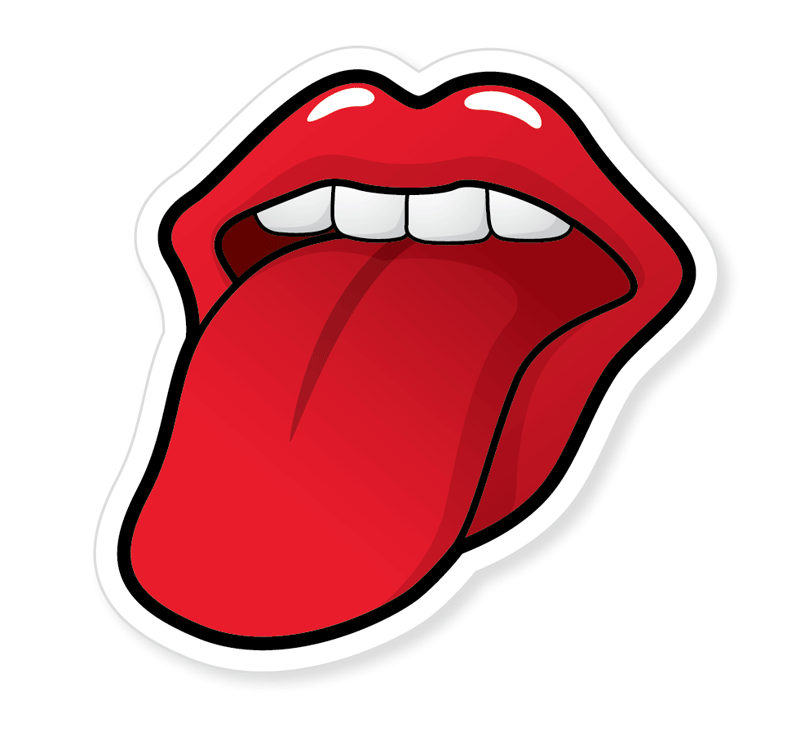The entire time I was in school, when I told people that my major was French and German, the response was invariably, “Wow, you must be really smart. Isn’t learning a language hard?!”
Well, I’ll graciously accept the compliment that I’m really smart, but learning a language does NOT have to be hard.
The reason most people perceive it as such, is that they are misassigning the cause of the difficulty they are having.
I am here to tell you that it is not the language that is hard. That is the symptom. The cause or causes are as follows:
• An inadequate system, curriculum and/or teacher.
– By inadequate system, I mean a language program (some of which are very expensive) that does not instruct you or guide you or correct the mistakes you are making along the way.
– An inadequate curriculum or teacher is one that is not presented at the appropriate level where you are. It could be too easy or too difficult. Another issue with curriculum is one which is not balanced and does not advance in the 4 vital components of language mastery:
Speaking – Listening – Reading – Writing
• An inadequate amount of repetition of the particular speaking, reading, writing, comprehension skill being learned.
– Repetition is key in language learning. Think about how many hours a day/week/year you are exposed to your first language: 16 hours a day, 112 hours a week, 5824 hours a year! Now multiply that times your age and that’s A LOT OF REPETITION.
• An inadequate understanding, skill level and/or mastery of the basics of grammar and sentence structure in one’s native language.
– Any subject matter is going to include specific terminology or nomenclature. The subject of language is no different. Terminology consists of labels. There are grammar labels, parts of speech, pronunciation labels which come from phonetics, etc.
– Unfortunately most students never learn the meaning of the grammar terminology. Then they grow up to become teachers, and don’t teach their students what they mean either. It’s an ongoing cycle of confusion.
– My approach is explain the labels first, do not go by any word that is not fully understood prior to bridging over to the second language. For example, I want to explain that in German when there are two verbs, the second being the “infinitive” and the infinitive must always go at the end of the main clause. What’s an infinitive? What’s a main clause? My students will understand these things FIRST.
Ex. I want to eat a pizza. In German: I want a pizza to eat.
To eat is the infinitive, or unconjugated verb unlimited by time or person. We don’t know who is eating yet, and we don’t know when the eating has or will occur. Therefore, there is an unlimited or infinite amount of possibilities. Hence, infinitive.
Education in the English language learning for Americans has become progressively watered down (politically correct term for “dummied down”) to the point that basic grammar, syntax, and spelling are a thing of the past.
After 12 years of being a certified teacher of French and German at the High School level, I can say the most common articulated reactions of my students were:
1) You make learning in French / learning in German FUN! and
2) I have learned more about English from you, than from ANY of my English teachers.
It is safe to say, that every American student has experienced having “holes” in their English education. If you fill those “holes” first, you will open the door to learn the second language much more easily.






